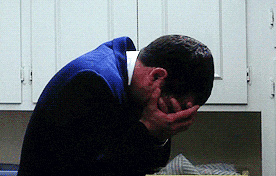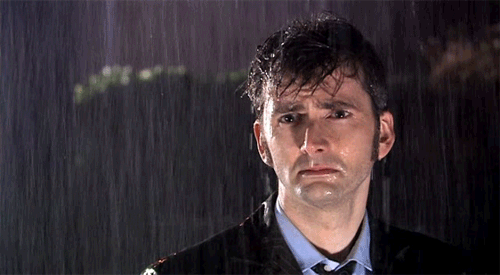I’ve been working on the PhD for about six weeks now (it seems like much longer) and I’m trying to throw myself into as much as I can. I taught writing skills in October, and until the end of this month I’m teaching medieval history tutorials for first years. They’re a tough crowd.
But no sooner do I feel like I’m getting on top of things than something new and massive lumbers over the horizon. In this case, several somethings. Conferences and seminars. I’m attending one at the weekend, which I’m not delivering a paper at but which I’ll use as a chance to see what other PhD candidates are doing in the humanities. Meanwhile, I’ve submitted abstracts for two and been accepted for one, a postgrad series in Dublin. The other I’ve heard not a word about for sure. I have two conferences and another seminar series to submit ideas for, which is going to keep me busy. I was able to get the bulk of one paper written today but there’s a lot of finnicky detail to do yet. Plus it looks like going way over the allotted 15 minutes.
It’s a very strange experience going back to your MA thesis and referencing it in a conference paper. It’s almost like going back over ground that is far too familiar, while almost being like delving into a difficult past that you’d like to keep closed just a while longer. When the PhD loomed I was sure I’d have the momentum to just plough into it, but the day I submitted the MA I realised I wanted nothing more to do with the writer in question (Bede) or the era of history in general (early medieval Anglo-Saxons).
I knew there was no way out of it, but I promised myself that I’d spend some time writing about something else. Anything else, just not Bede. I needed to plug out of that mental world and recharge. And yet, slowly but surely, I found myself returning to Bede’s Ecclesiastical History and the people it documents and the tales it tells.
One strength of the department I’m in is that there is a postgraduate seminar series where the student can pick the topic of their paper. And so, one day, almost without realising it, I started fleshing out the idea for a paper based around Dryhthelm, an Anglo-Saxon who lived around the year 700 and who Bede says was brought back to life to pass on a vision of heaven and hell. Dryhthelm came up in my MA thesis, but only as an example. This time around he will be the focus of a paper in his own right, and it’s quite likely he’ll end up a chapter or significant section in the PhD.
I’m not sure whether or not I should be annoyed with myself for breaking my internal promise to avoid Bede for a while, but the brain is in session and heading somewhere, at least. Perhaps it’s worth noting that, much like the people I’m writing about believed the world would end when it returned to the condition in which it began, I’ve come around in my own mental circle and am back where I started, only further on down the road. It’s surprisingly close to how the early medieval writers understood the nature of time.
It feeds in to the work I’m doing at the moment. The paper I’m writing has nothing to do with Drythelm but something else that’s cropped up in my reading, which lately has been how early medievalists (and indeed Bible writers) understood how the world would end. It’s a bit different to what I’ve done before, but is closely tied to the main themes of my PhD, so, even if the paper goes down like a lead balloon, I should have some substantial work done for it regardless.
Between the two parallel ideas that are running through my brain at the moment, I’ve written close to 4,000 words. Not all of it will be kept, but some of it will be fleshed out and expanded in significant detail. Which, six weeks in to a three-year PhD programme that requires me to write 80,000 words, is not a bad thing at all.


